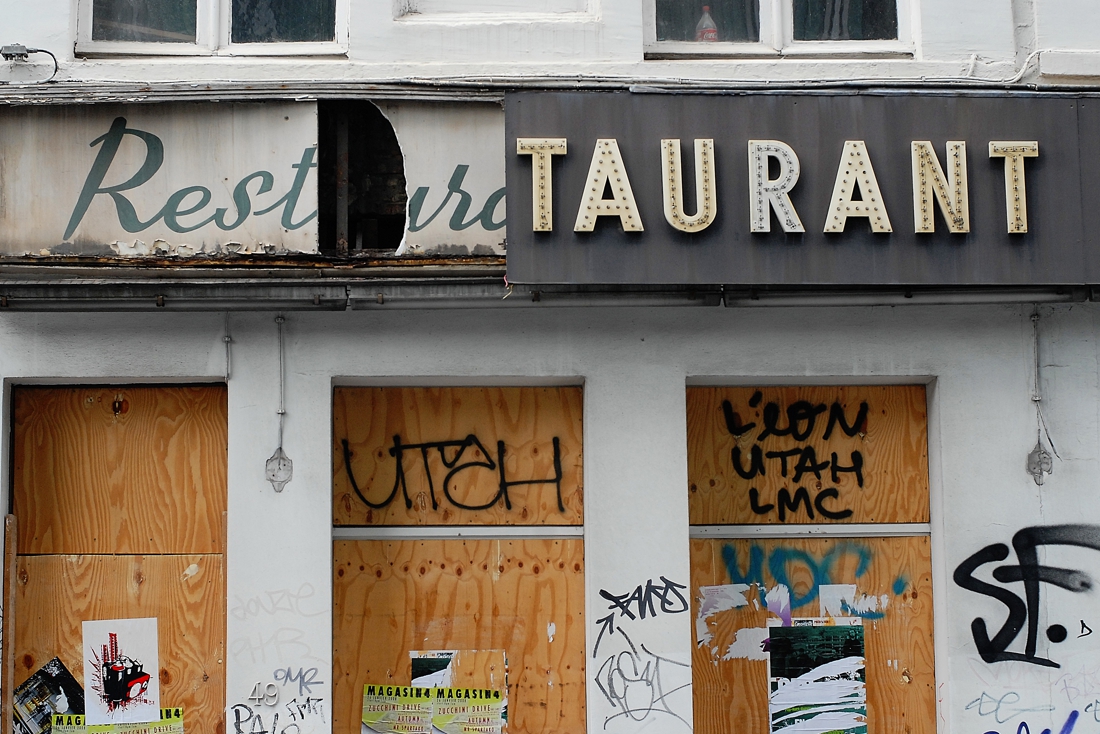If the measures to support companies suddenly disappear during the corona pandemic, some companies will go bankrupt or put employees on the street from the autumn. The Confederation of Belgian Enterprises warned about this on Friday when it presented its six-monthly business survey. The employers’ organization therefore advocates “a gradual phasing out” of the support measures. “If you work with a hatchet, at a sudden stop, you will get parts of the economy into difficulties,” says managing director Pieter Timmermans.
–
According to the FEB, “optimism is justified” by the current economic recovery from the corona crisis. The latest business survey shows that most of the sectors surveyed were more positive about economic activity, employment, investment and prospects at the end of May or the beginning of June than in November last year. “Half of the sectors already say that economic activity will be at the same level or higher than normal in six months’ time,” chief economist Edward Roosens explains the “quite surprising” results.
“No reason for euphoria”
But as he warns, “there is no reason for euphoria”. The FEB sees several things that could throw a spanner in the works. Roosens points out, among other things, the situation on the labor market – with 127,000 temporarily unemployed at the end of May – and the financial situation of companies. According to the FEB, about a quarter of companies that were healthy before the crisis are still experiencing major financial difficulties.
It is therefore important that the support measures for companies are treated with care, says the FEB. In addition to temporary unemployment, this includes payment deferrals for loans and taxes. Until June, there was also a moratorium on bankruptcies. “Part of the economy has really been under a cloche in recent months,” Roosens said. If the measures suddenly disappear in the coming months, according to the chief economist, there is a risk of restructuring from the autumn in companies that currently still have many staff on temporary unemployment, resulting in higher unemployment. He therefore fears “a wave of bankruptcy” among companies that overestimate the recovery in demand.
temper
Timmermans does emphasize that the FEB is not in favor of perpetuating the support measures as such. “We can’t stay on the drip,” he says. “But don’t be bold when stopping the measures. Ensure a progressive phase-out between now and the end of the year,” is his appeal to the authorities.
Another aspect that could dampen the recovery, according to the FEB, is the impact of higher raw material prices on inflation and therefore also, via automatic wage indexation in Belgium, on the competitiveness of our companies. Weak e-commerce will also affect our country: the corona pandemic has given online shopping a lasting boost, but the major e-commerce platforms are located outside our national borders. “That costs us between 0.2 and 0.4 percent economic growth every year, because the added value in our trade sector is stagnating, while it is growing by 10 to 15 percent in the Netherlands and Germany,” Roosens said.
Relaunch
According to Timmermans, there should no longer be any question of “a recovery plan”. “The recovery is underway,” he emphasizes. The Belgian economy may return to the level of the end of 2019 in the first quarter of 2022, at which time economic activity is still 3 to 4 percent lower, according to the FEB, than it would have been if the corona virus had not struck. “We need a transformation plan,” says the CEO of the employers’ organization. According to him, investments in infrastructure, a reform of the labor market and the relaxation of “too complex and restrictive rules on working hours” to promote e-commerce should be central.
– .


